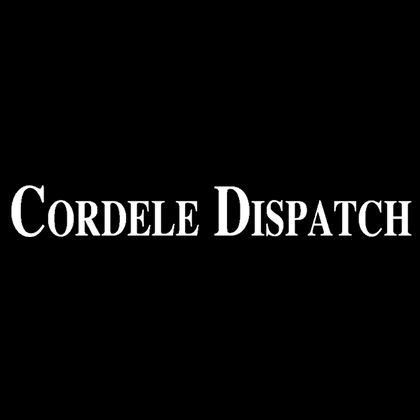Minor League 2020 baseball season has been shelved
Published 3:09 pm Wednesday, July 1, 2020
|
Getting your Trinity Audio player ready...
|
Minor League Baseball officially announced at 5 p.m. ET, June 30 that the season has been shelved because Major League Baseball has informed it that it will not provide players.
Now, the focus is on what comes next. First, teams must unravel as much as they can from this season. There will undoubtedly be a flood of fans and advertisers calling and asking for refunds for tickets or deals they’d purchased for games that had merely been suspended and not officially canceled.
Some of those fans and advertisers will choose to roll their dollars toward 2021, but others will want to replenish their own cash flow as best as possible. The stagnation of the economy has negatively affected nearly every industry, and some people and businesses will want to reclaim as much as they can to help themselves stay afloat.
Trending
For the rest of what would have been the minor league season, teams will likely continue doing what they’ve been doing. That is, they’ll continue making the most of what they have. For weeks and months, teams have been using their stadiums to bring in as many people as possible while staying within their municipality’s social distancing guidelines.
The Pensacola Blue Wahoos and Salem-Keizer Volcanoes have turned their ballparks into Airbnb properties for fans to rent out overnight. Others have begun hosting in-park restaurants, farmers markets, drive-in movies and anything else teams can dream up to get a few drops of revenue in an otherwise arid season.
Teams across the Texas and Pacific Coast Leagues are getting set to host the Texas Collegiate League, one of a smattering of summer college leagues across the country still slated to play despite the coronavirus pandemic. Other stadiums are hosting high school tournaments and showcases, while one plans on hosting an adult softball league.
A small number of teams—Altoona, Toledo, Port Charlotte and others—will host alternate training sites for members of their parent clubs’ player pools who don’t accompany the team during the regular season.
Without revenue, minor league teams have been laying off and furloughing employees throughout the course of the pandemic. With no games in sight and the payroll protection loans issued in the early part of the shutdown expiring, more jobs will be lost.
Teams will keep on some staff members who can help with whichever path they choose to keep fans in their ballparks, but those numbers will likely be minimal. Notable exceptions can be found in Pensacola, Beloit and Portland, which have all promised zero layoffs or furloughs no matter how long the shutdown lasts.
Trending
Perhaps the only silver lining is that teams can now schedule ballpark events unfettered from the questions about whether the season will take place. Even in normal years, minor league baseball is a year-round business—now the calendar is clear for teams to begin scheduling those non-baseball events without the chance of being forced to scrap their plans at a moment’s notice.
For players who are not part of their team’s player pool, the cancellation of the minor league season begins an offseason of uncertainty.
The volatility of the coronavirus and a spike of cases in both big league training states of Florida and Arizona have thrown the possibility of the instructional league and the Arizona Fall League (as well as a potential companion league in Florida) into serious jeopardy.
Spots in foreign winter leagues will be in high demand and will be dependent on relaxed regulations regarding international travel. Some players, with their contracts suspended as part of the country’s national emergency declaration, will opt to play in independent leagues, but those leagues have also been reduced dramatically in number this year because of the coronavirus.
The reality is that many players are simply not going to play organized baseball in 2020. They will lose a year of development and, in some cases, have to wonder from month to month about whether their parent club will continue paying the $400 per week stipends that have been going on since March.
That’s the near future. In the slightly longer view, the picture of what the minor leagues will look like in 2021 will begin to become clear.





